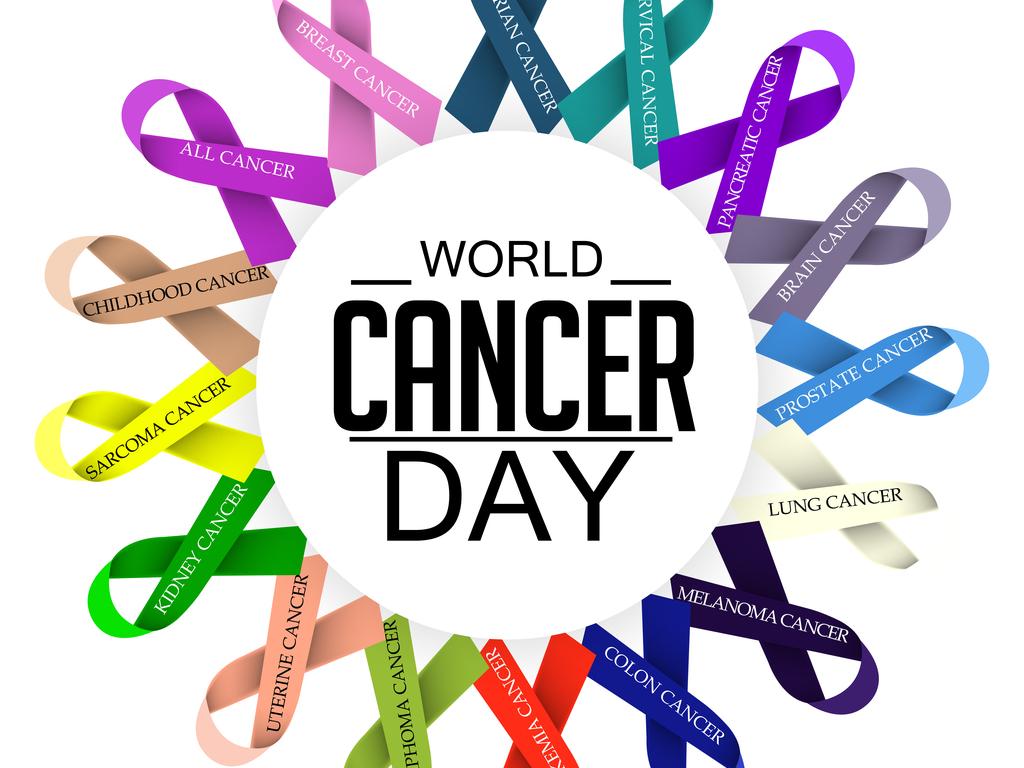Causes of Lung Cancer
There are certain things that can increase the risk of developing lung cancer. These are called risk factors. Having a risk factor does not mean you will get cancer. And not having a risk factor does not mean that you will not get it.
Lung cancer is the third most common cancer in the UK. About 49,200 people are diagnosed with it each year. The number of men diagnosed with lung cancer is going down. But the number of women diagnosed with lung cancer is increasing.
Most lung cancers are caused by smoking. This is the biggest risk factor. Smoking is also a risk factor for several other cancers.
Some people who have never smoked can also get lung cancer. This is known as non-smoking lung cancer. Around 15 in 100 people (15%) diagnosed with lung cancer are people who have never smoked. A non-smoker is classed as someone who has smoked less than 100 cigarettes in their lifetime. The Ruth Strauss Foundation has more information.
Smoking
Smoking tobacco is the cause of most lung cancers and the biggest risk factor. This includes smoking cigarettes, cigars and pipes. In the UK, 72% of lung cancer cases are caused by smoking.
The more you smoke and the longer you smoke for the bigger your risk. Starting smoking at a younger age increases the risk. Smoking cannabis which is often mixed with tobacco might also increase the risk of lung cancer.
When people stop smoking, their risk of lung cancer gets lower over time. After 7 years of not smoking, the risk of getting lung cancer is about 43% lower than it is for people who still smoke. After 12 years of not smoking, the risk of getting cancer is about 72% lower than it is for people who still smoke.
To learn more about the causes of lung cancer - Click Here
































































